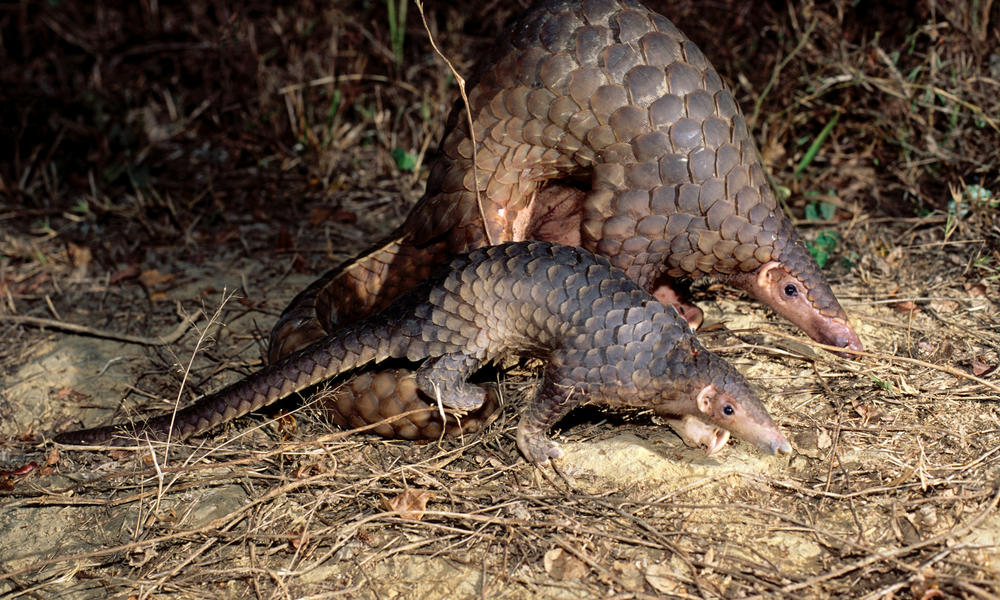
I’ve had an interest in pangolins for quite a long time maybe because they seem such unusual-looking creatures, a scaly ant-eater, and they are among the most frequently trafficked, more than a million in the last 10 years. When one explores that aspect one learns more of the background; how the exotic meat market in China functions, as well as bush meat consumption in Africa. These are possible causes of disease spreading from animal to human. Many of the current diseases including COVID-19 are known to be zoonotic i.e. contagious and spreading between animal and human. Humans can contract such diseases through direct contact with infected animals, by consumption of contaminated food or water, inhalation and through flies, ticks and mosquitoes. Clearly this can be through our normal interaction with animals in everyday life, quite apart from exotic animal products we choose. The cause of Covid-19 has still not been definitely determined and one of the culprits blamed was the pangolin. That has now been denied, as will be explained to us by Dr Karin Lourens of the Johannesburg Wildlife Veterinary Hospital who will be my guest on the Radio Veritas Family Matters programme on 14 September. She is known to be passionate about pangolins especially those who have been traumatized and are at the hospital for rehabilitation.
I am choosing pangolins as a subject for the Season of Creation from 1 September to 4 October. . It has many aspects from planting trees, as reportedly is going to continue in the Johannesburg archdiocesan parishes, to cleaning up beaches and informal settlements where rubbish is dumped and never collected. Lobbying against pollution, saving water and electricity are important activities, also for families at home. Apart from saving rhinos the area of loss of biodiversity might not be as popular or as well-known but a good cause for families to adopt is supporting the little pangolins, preventing their being trafficked and like other creatures being in danger of becoming extinct.

How do we build this kind of awareness into families, especially with children. How about wildlife films and documentaries e.g. David Attenborough series e.g. Our Planet, as a regular activity? Or some animated series accompanied by a follow-up explanation? Or a story, read and shared? I have created some stories, on request from a creative teacher, Pam Kantor, who was building up a whatsapp library for disadvantaged children. One of these is A SAD PANGOLIN FAMILY TALE. Find it on http://www.marfam.org.za/familymatters. or listen to the Radio Veritas podcast of the programme.
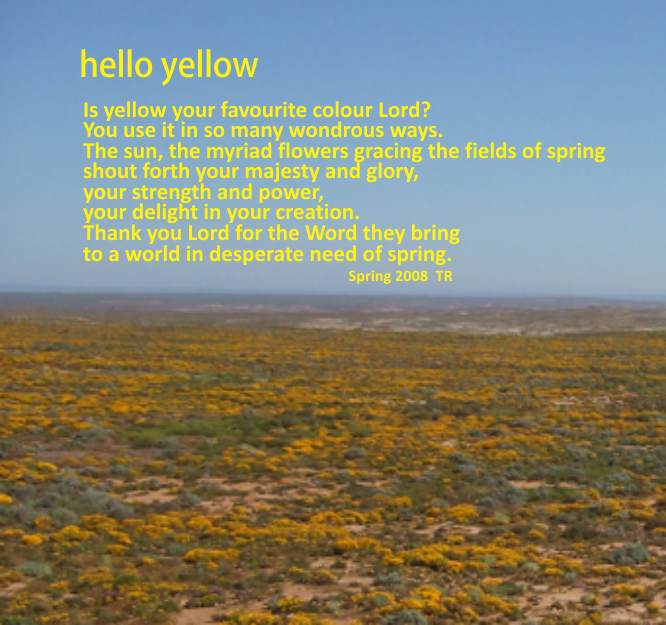
Like many aspects of climate change protecting biodiversity has positive and negative aspects. There is loss and also new growth and seasonal growth like the wild flower season in the Western Cape parts of South Africa. The massive fields of colourful daisies enchant many tourists local and overseas as a #proudlysouthafrican attraction. Even these natural phenomena are dependent on climate, rain and wind effect when and whether the flowers bloom. But while some are spectacular shows of colour many hundreds of other flowering plants exist in this unique ecosystem. And not only plants, there are bees, butterflies and bugs too all contributing to God’s plan of ongoing creation as they pollinate and fertilise and play their part in the circle of life. My spekboom campaign also continues. It is a succulent plant able to grow almost anywhere in the country. Evergreen, waterwise, drought-resistant, it is an excellent carbon sequester and combats air pollution. Edible for animals and humans as a source of Vitamin C and other nutrients it also has medicinal uses for insect bites, sunburn and blisters. So during the Season of Creation go natural, take a walk, catch the sun, and worship God together, ideally as a family within the larger family of families with all the big and little creatures that surround us. TR FAMILY MATTERS WEEKLY 14 SEPTEMBER
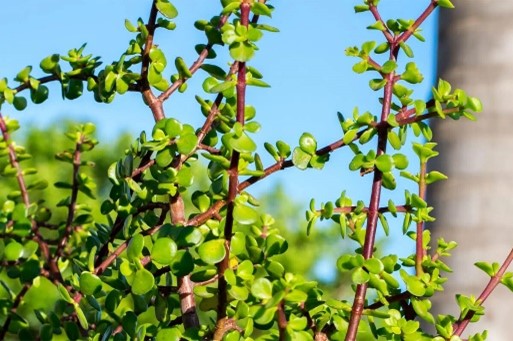

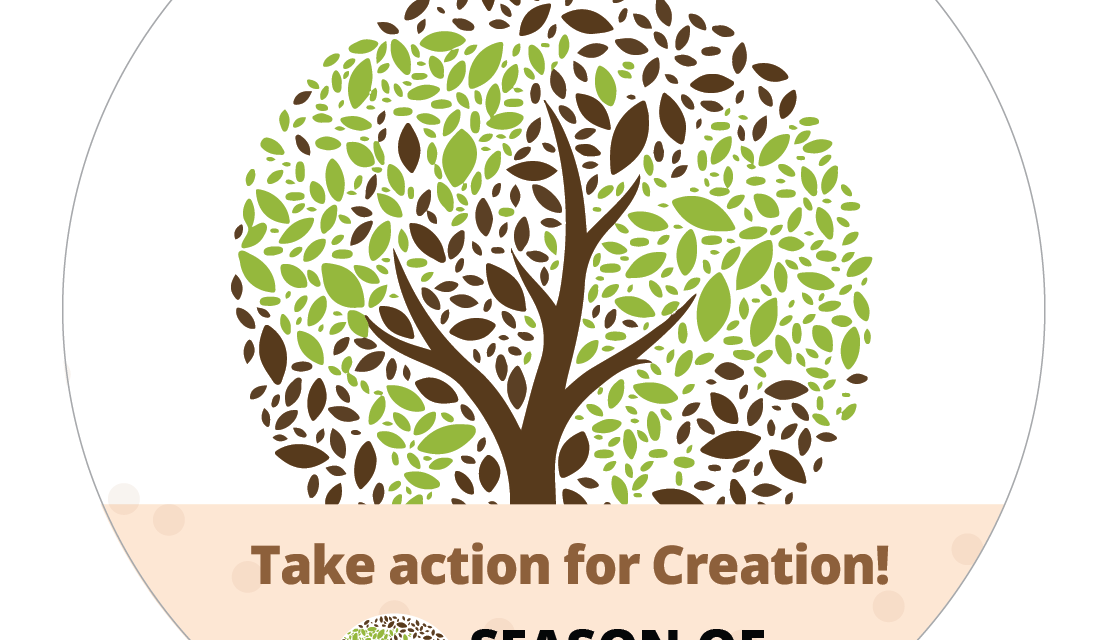
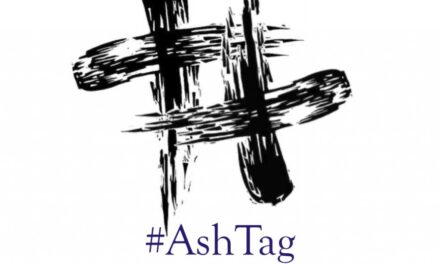
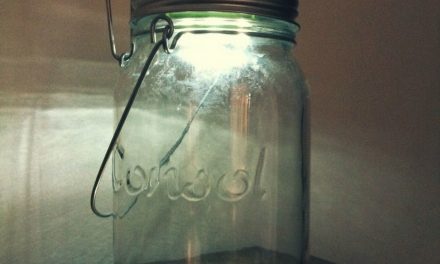
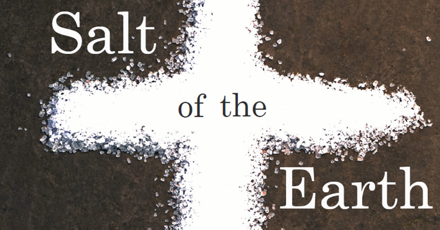
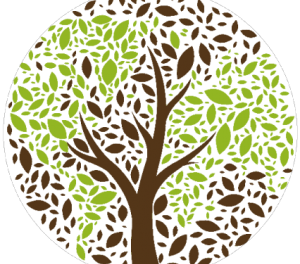
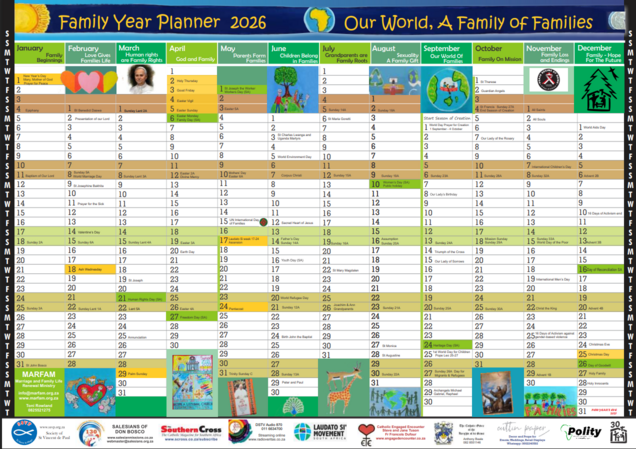
Recent Comments